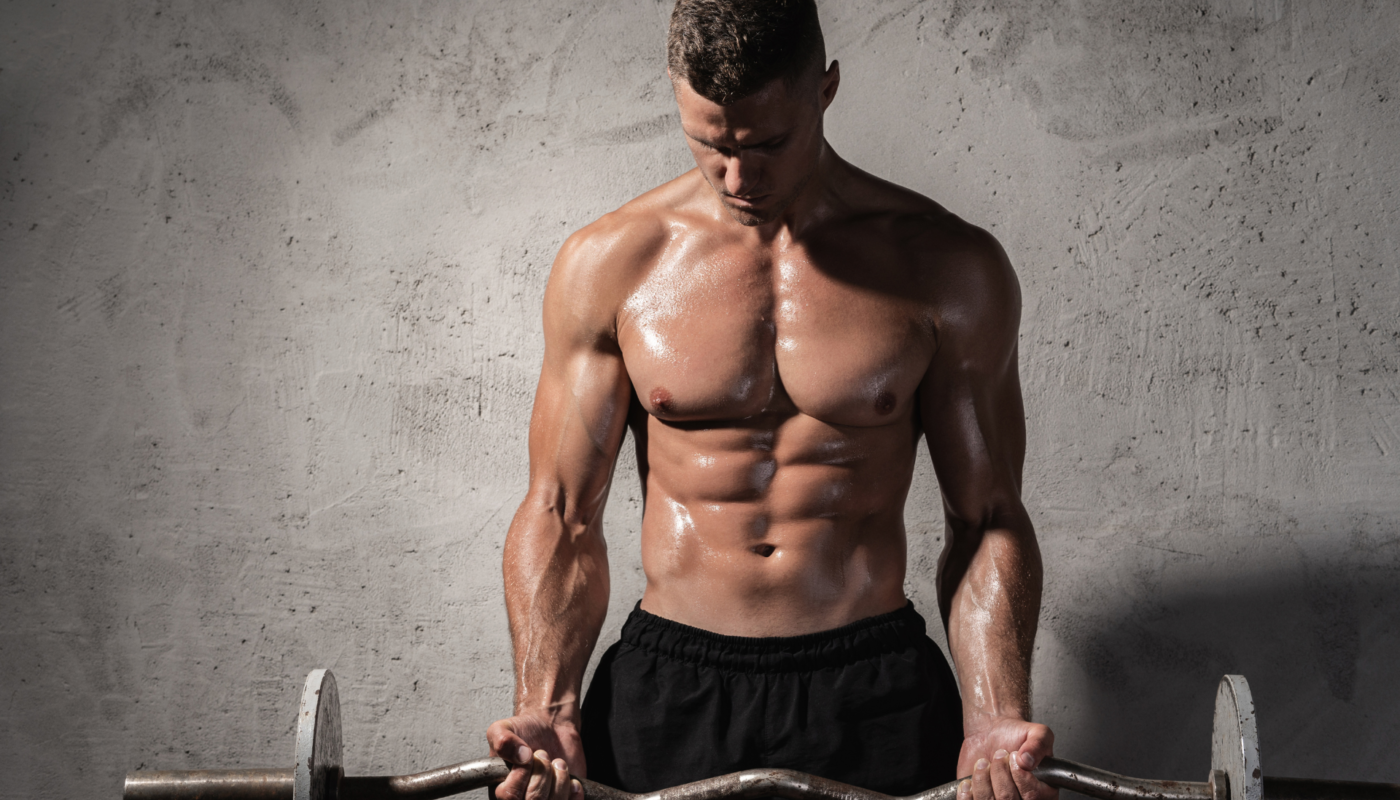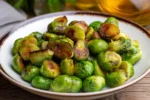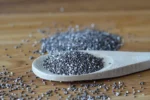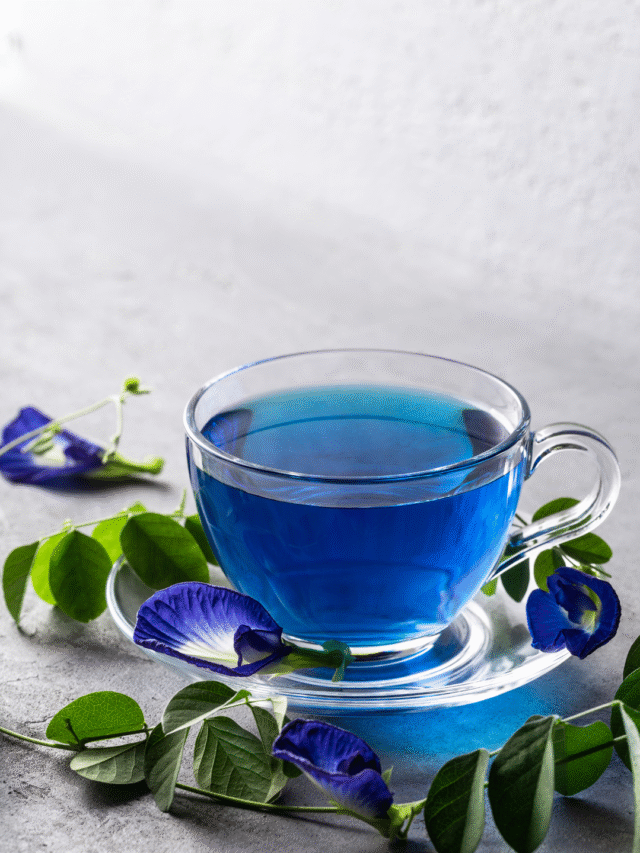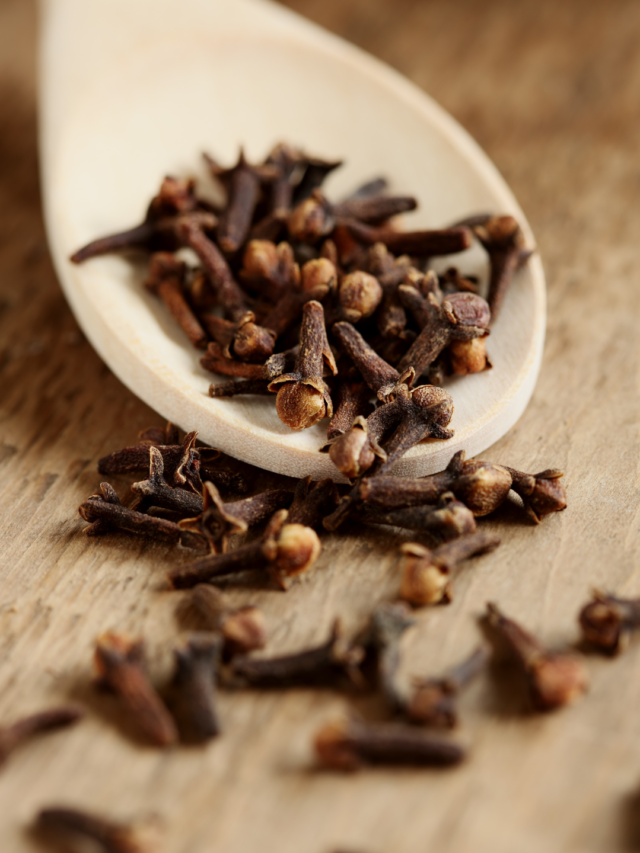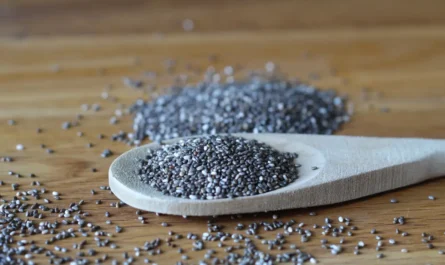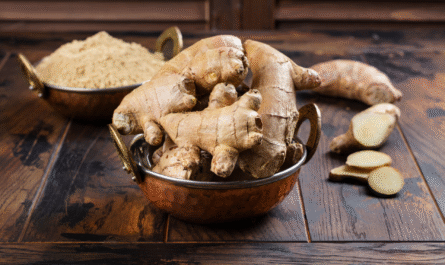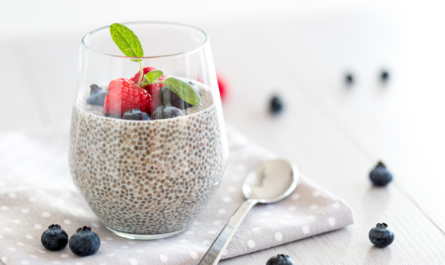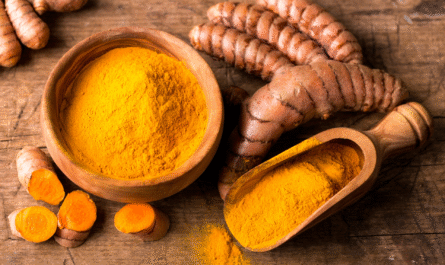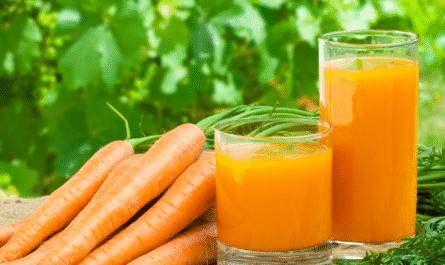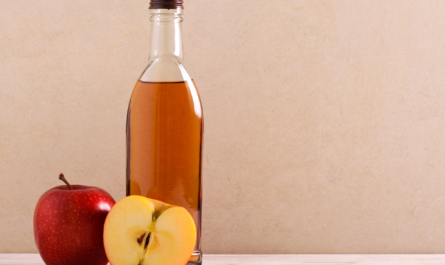Protein should be at the center of your nutrition plan if you’re looking to build lean muscle, fuel your workouts, and recover faster.
However, not all protein sources are created equal. Superfoods, nutrient-dense foods loaded with vitamins, minerals, and antioxidants, offer an exceptional way to boost your protein intake while supporting overall health.
Here are 10 protein-packed superfoods that can power your muscle growth and recovery.
1. Eggs
Protein Content
6 grams per large egg
Why They’re Super
Eggs are a complete protein source, meaning they contain all nine essential amino acids your body can’t make on its own. They’re also rich in choline (supports brain function) and healthy fats.
Muscle-Building Benefits
Leucine, an amino acid found in abundance in eggs, plays a key role in muscle protein synthesis.
How to Use
Hard-boiled as a snack, scrambled for breakfast, or added to salads for an extra protein punch.
2. Quinoa
Protein Content
8 grams per cup (cooked)
Why It’s Super
Unlike most plant-based proteins, quinoa is a complete protein. It’s also high in fiber, magnesium, and iron.
Muscle-Building Benefits
The iron in quinoa helps oxygenate your muscles during exercise, enhancing performance and recovery.
How to Use
Use it as a base for grain bowls, stir it into soups, or serve it as a side dish.
3. Greek Yogurt
Protein Content
15-20 grams per 6-ounce serving
Why It’s Super
Greek yogurt is strained to remove whey, resulting in a thick texture and high protein concentration. It also provides calcium and probiotics for gut health.
Muscle-Building Benefits
Casein and whey protein together offer a slow and fast-digesting combo that fuels muscle repair throughout the day and night.
How to Use
Enjoy with fruit and nuts, blend into smoothies, or use as a healthy substitute for sour cream.
4. Salmon
Protein Content
22-25 grams per 3-ounce serving
Why It’s Super
Salmon is rich not only in high-quality protein but also in omega-3 fatty acids, which reduce inflammation and support heart health.
Muscle-Building Benefits
Omega-3s enhance muscle protein synthesis and may help reduce muscle loss.
How to Use
Grill, bake, or pan-sear salmon fillets; use canned salmon in salads and wraps.
5. Lentils
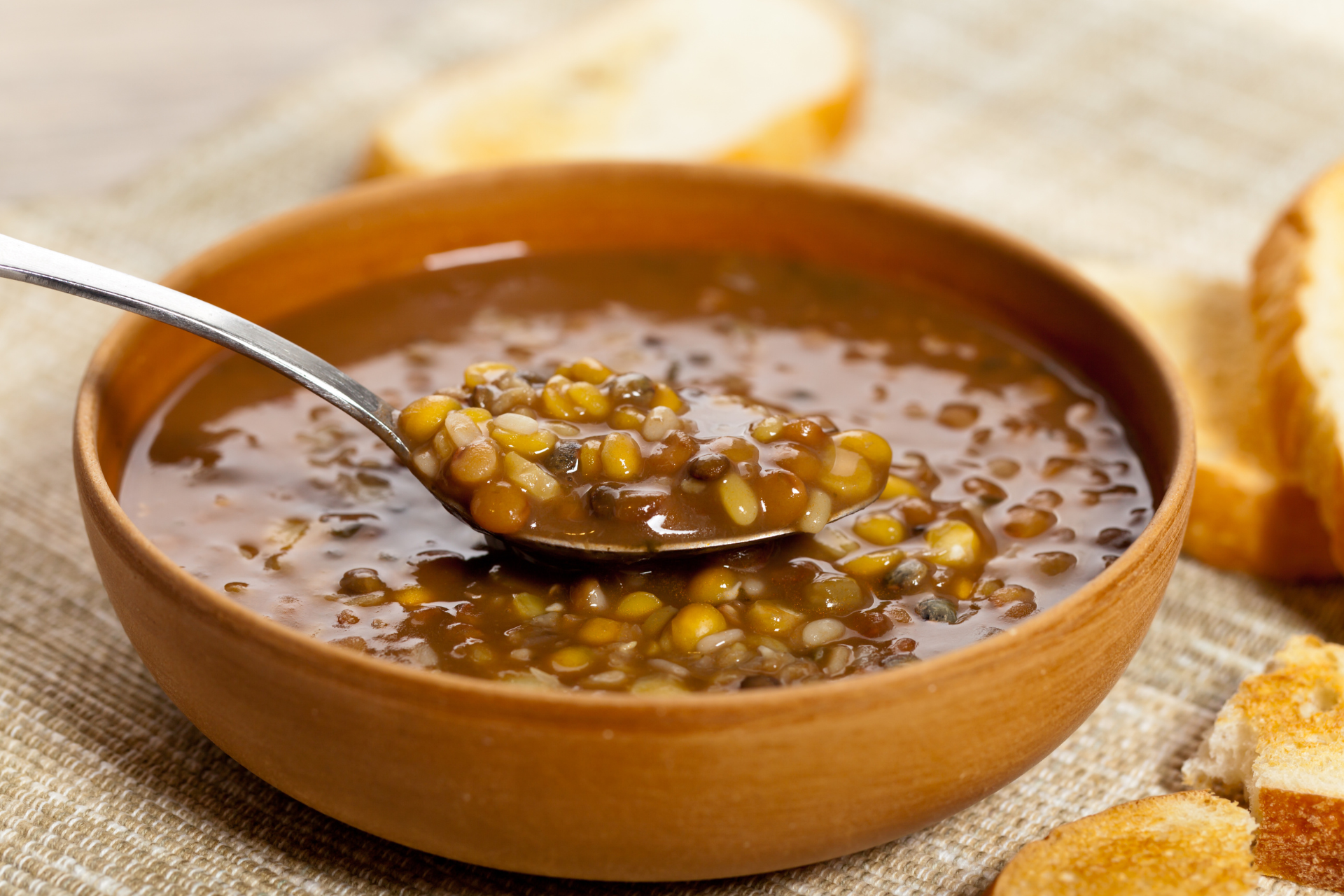
Protein Content
18 grams per cooked cup
Why They’re Super
Lentils are a great plant-based protein source, loaded with fiber, iron, and folate.
Muscle-Building Benefits
Lentils offer slow-digesting carbohydrates that provide sustained energy for workouts.
How to Use
Add to soups, stews, and salads, or make lentil burgers.
6. Cottage Cheese
Protein Content
25 grams per cup (low-fat)
Why It’s Super
Cottage cheese is rich in casein, a slow-digesting protein ideal for nighttime muscle repair. It’s also a source of calcium and vitamin B12.
Muscle-Building Benefits
Casein provides a steady release of amino acids, helping to reduce muscle breakdown overnight.
How to Use
Eat it on its own, with fruit, or blended into smoothies.
7. Chia Seeds
Protein Content
5 grams per 2 tablespoons
Why They’re Super
Chia seeds expand in liquid to form a gel, helping with hydration and digestion. They also offer omega-3s, fiber, and antioxidants.
Muscle-Building Benefits
Omega-3s help combat exercise-induced inflammation, and the protein content supports muscle repair.
How to Use
Add to smoothies, yogurt, oatmeal, or make chia pudding.
8. Almonds
Protein Content
6 grams per ounce (about 23 almonds)
Why They’re Super
Almonds are packed with protein, healthy fats, and vitamin E, an antioxidant that supports recovery.
Muscle-Building Benefits
Great for pre- or post-workout snacks to support energy and muscle maintenance.
How to Use
Eat raw as a snack, blend into almond butter, or sprinkle on oatmeal and salads.
9. Tofu
Protein Content
10 grams per half cup
Why It’s Super
Tofu is a versatile, complete, plant-based protein. It also provides iron, calcium, and isoflavones, which have antioxidant properties.
Muscle-Building Benefits
A great alternative to animal protein that still offers all the essential amino acids.
How to Use
Stir-fry, grill, or add to soups and curries.
10. Pumpkin Seeds (Pepitas)
Protein Content
7 grams per ounce
Why They’re Super
These seeds are rich in protein, zinc, magnesium, and antioxidants.
Muscle-Building Benefits
Magnesium supports muscle contraction and recovery; zinc aids immune function, which is crucial during intense training periods.
How to Use
Snack on them raw, roast them with spices, or sprinkle them over yogurt and salads.
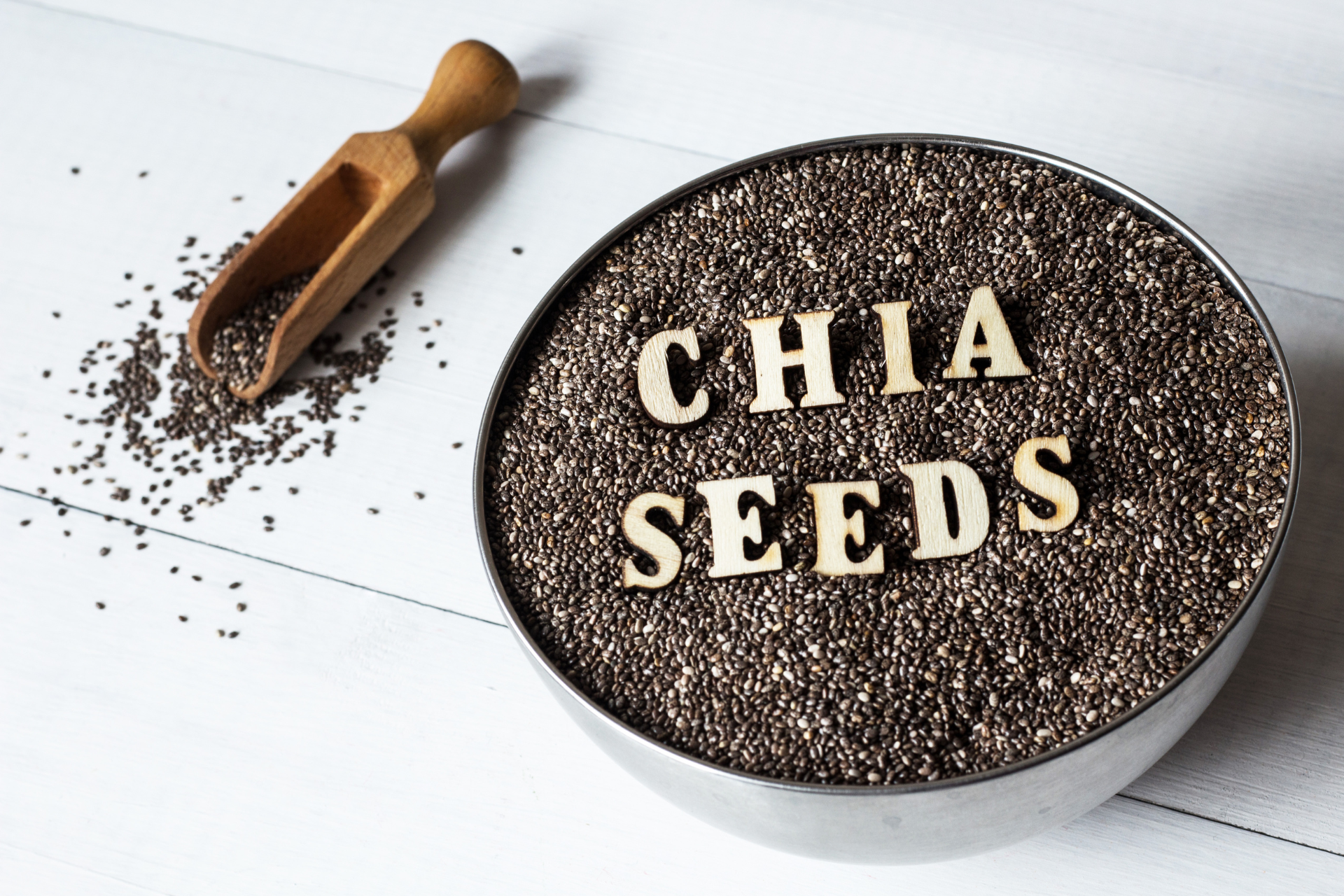
Final Thoughts
Protein is essential for muscle repair and growth, but choosing the right sources can elevate your nutrition game.
By incorporating these 10 superfoods into your diet, you’re not just building muscle, you’re supporting your whole-body health with antioxidants, fiber, healthy fats, and essential micronutrients.
Whether you’re a meat-eater, a vegetarian, or somewhere in between, there are options here for everyone. The keys are variety and consistency. Pair these protein-rich foods with smart training and good rest, and your muscles will thank you.
Ready to fuel your gains? Start by adding one or two of these superfoods to your daily meals this week, and watch the impact it makes on your energy, performance, and physique.
Web Stories

